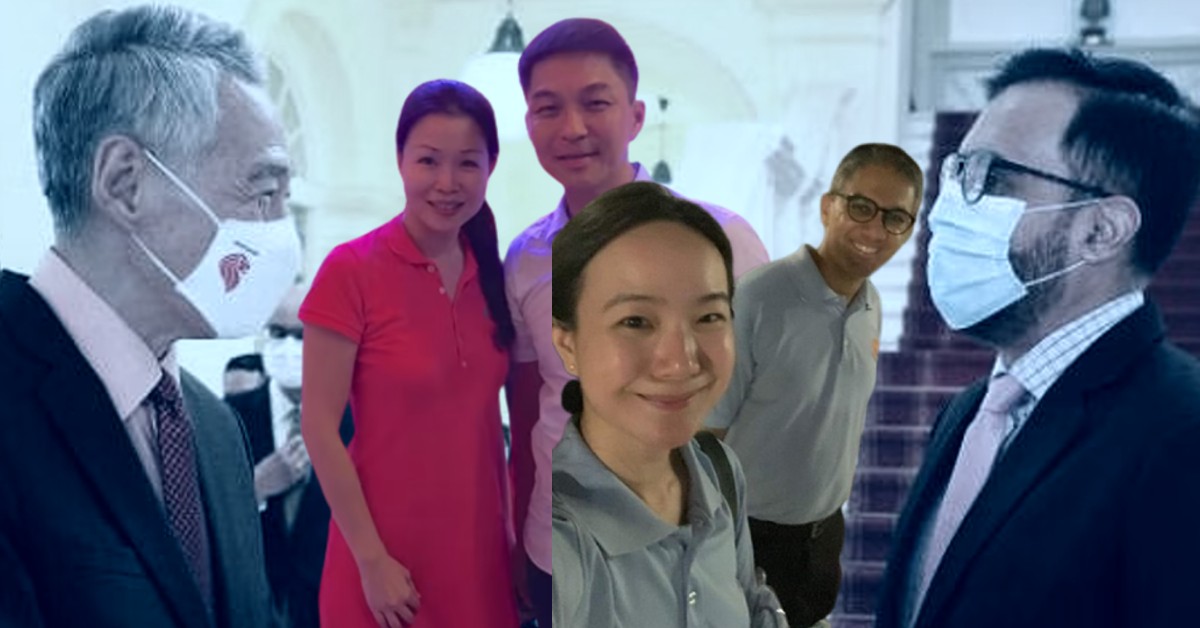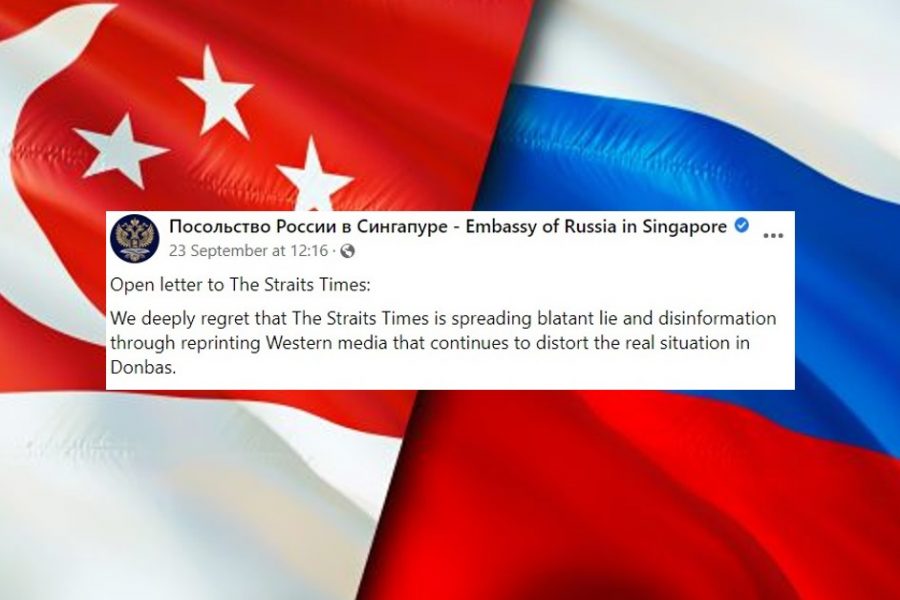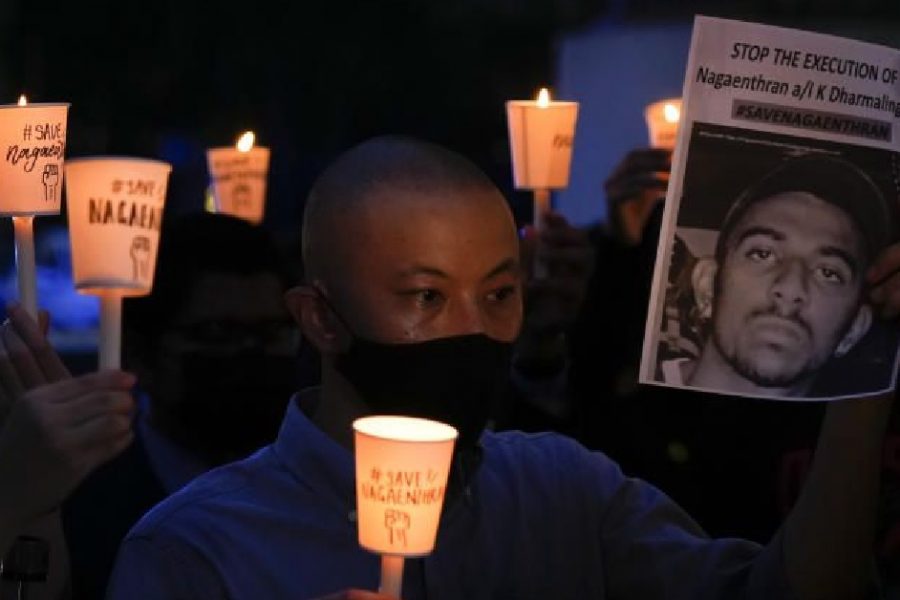By LM — In recent times, discussions on the personal lives of politicians have sparked curiosity among Singaporeans. While infidelity and dishonesty may not be a legal offense, the question remains:
Could it Impact a Politician’s Credibility and Effectiveness in Serving the Nation?
While it might not directly correlate with being a good politician, it does raise concerns about a person’s ability to keep their word, a vital aspect of public trust. One could argue that private affairs should remain separate from political competence. However, being an effective politician involves maintaining the public’s trust and confidence.
If a politician cannot uphold their personal vows and remain honest in their intimate relationships, how can we expect them to act with integrity in matters of state?
Singaporeans yearn for leaders who exemplify not only competence but also upright principles. The ability to keep one’s word, whether in personal or political matters, is an integral part of this equation. Actions speak louder than words, and a politician’s conduct in their private life can cast a shadow on their public persona.
The issue of infidelity, therefore, goes beyond mere gossip; it delves into the very fabric of political responsibility.
The electorate seeks leaders who lead by example, who embody the values they champion on the campaign trail. The consequences of infidelity may not be immediate, but they can manifest in a loss of public confidence over time. Political decisions and policies are built on trust, and any perception of deceit can erode that foundation.
Remember, the choices we make behind closed doors can eventually resonate within the halls of power. In politics, as in life, true integrity lies in staying true to one’s word, regardless of the circumstances. So, the next time we head to the ballot box, let’s not just focus on the promises made by candidates but also consider the strength of their character. After all, a leader’s fidelity to their personal values can set the tone for their fidelity to the people they represent.





